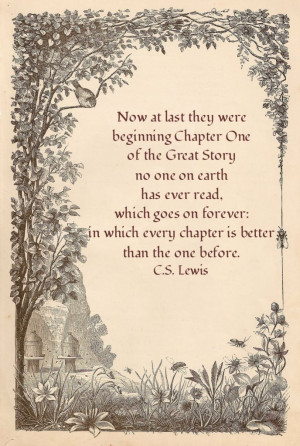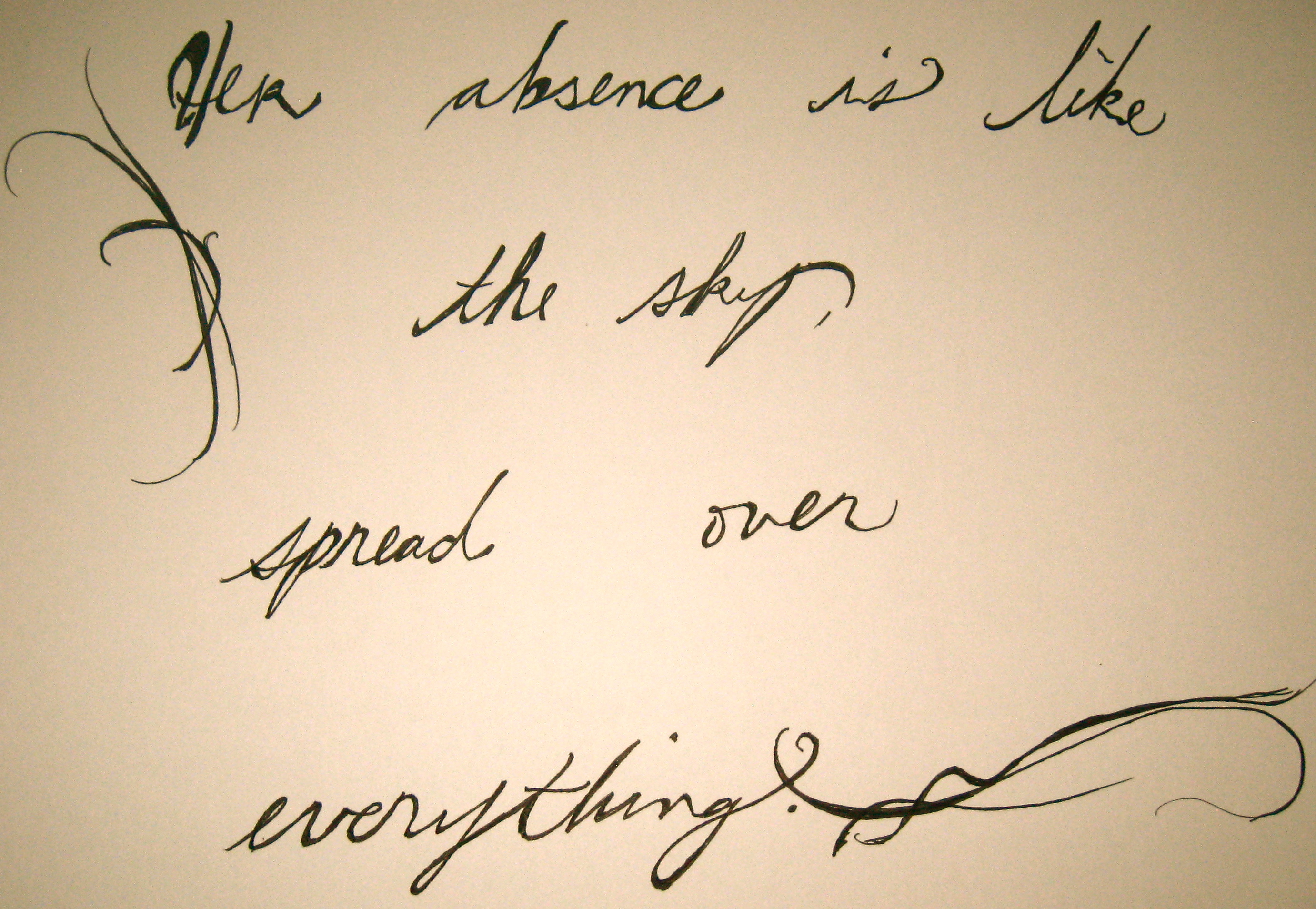

As he read these memoirs, Berman found their authors to be "allies, friends, and teachers" (2) pointing the way toward what thanatologists term anticipatory grief and anticipatory recovery. Taking up Hall's attitude toward the function of writing in response to loss, Berman suggests that spousal loss memoirs "offer companionship in grief" (2), a grief which encompasses the deceased, the survivor, and the reader empathizing with the memoirist's grief. Donald Hall's The Best Day the Worst Day (2005), a memoir about his life with poet Jane Kenyon, gives Berman his title and thesis. The necessity for a dual process of mourning through remembrance and walking in companionship with grief is affirmed throughout Berman's text. Revealing his unruly emotions and the religious crisis he faced after Joy Davidman's death, Lewis's memoir reminded Berman to "avoid the Victorian process of mummification," but to honor the dead by "affirming our companionship in joy with them" (9). He asks of the memoirs: how can they help us cope with our own losses and what role does writing play in bereavement?īerryman situates his reading of spousal loss memoirs through the most frequently recommended grief memoir: C. Conceding that "most of my experiences with death have come through literature" (Dying to Teach 3), in Companionship in Grief Berman surveys spousal loss memoirs for what they reveal about "love, loss, and bereavement" and as guides to lead him-and the reader-through the uneven terrain of grief and mourning. Companionship in Grief follows Berman's Dying to Teach: A Memoir of Love, Loss, and Learning (2007), that charts his personal terrain of grief, while Death in the Classroom: Writing About Love and Loss (2009) recounts his efforts to bring loss and death into the undergraduate classroom in an empathic and productive way. Berman reveals that, like Scheherazade, he felt compelled to write about grief in order to remain alive after the death of his wife in 2004.

Lewis, John Bayley, Donald Hall, Joan Didion, and Calvin Trillin, reading them through the lenses of their fiction and their partners' fiction to illuminate the intimate relationships each held with their partners and with their beliefs about life and death. He excavates the spousal loss memoirs of C. Jeffrey Berman furthers his exploration of the relationship between writing and grief through a detailed reading of the memoirs and fictive writings of five literary couples.


 0 kommentar(er)
0 kommentar(er)
